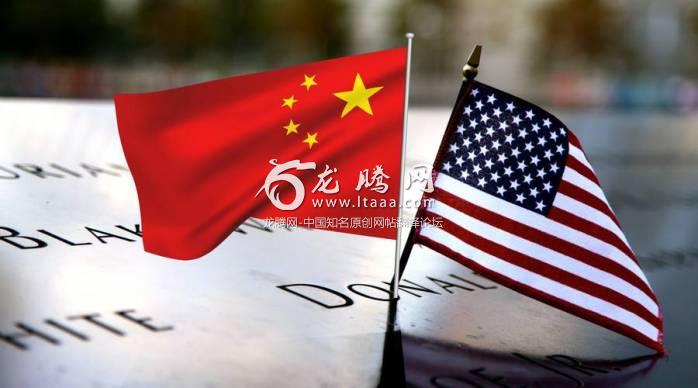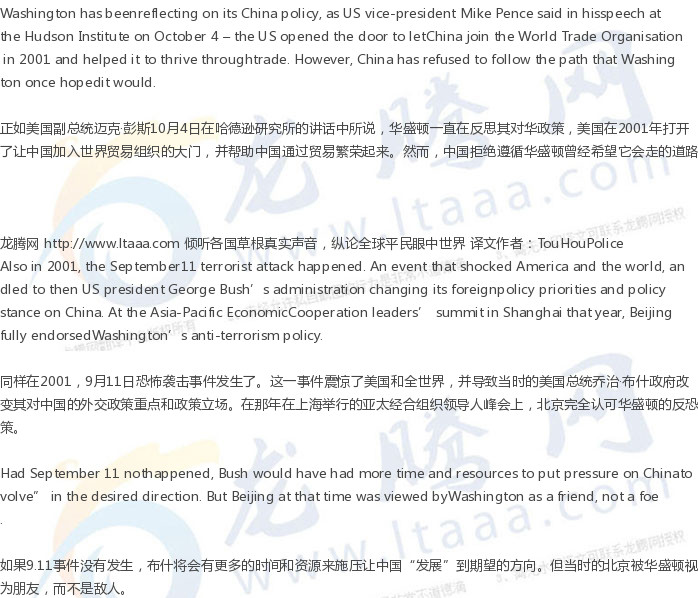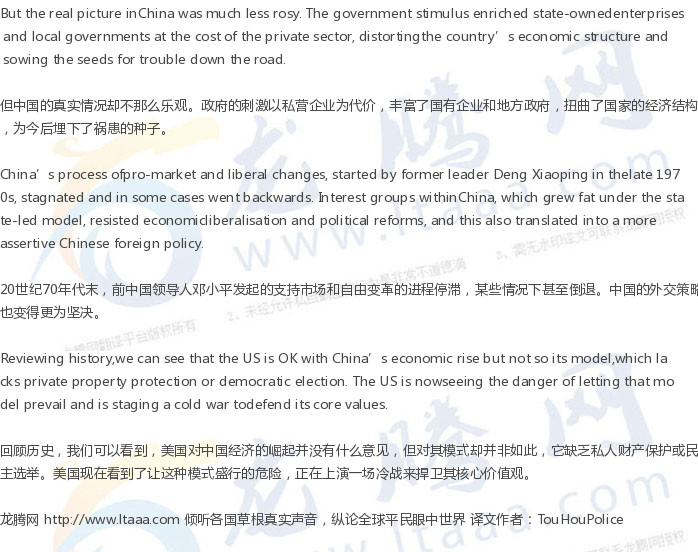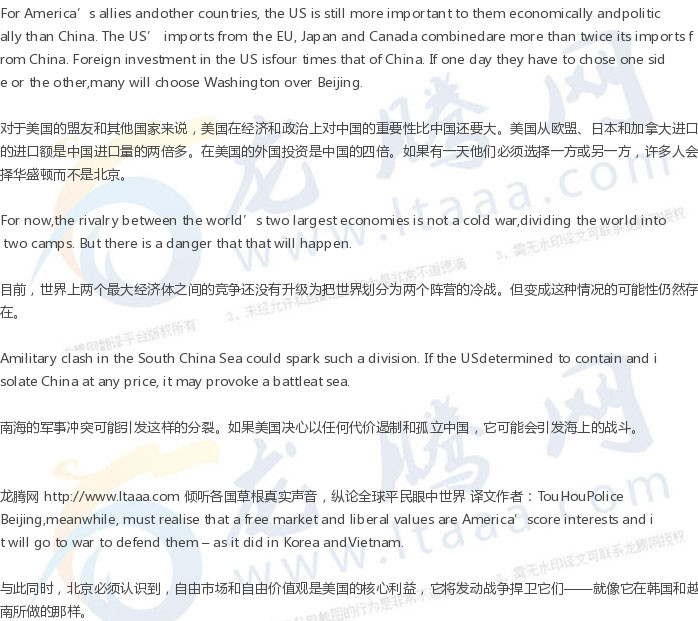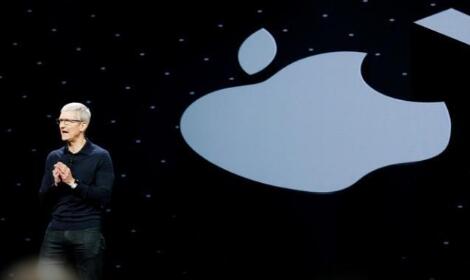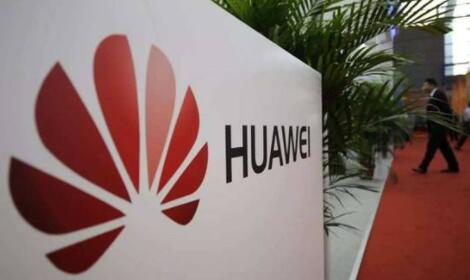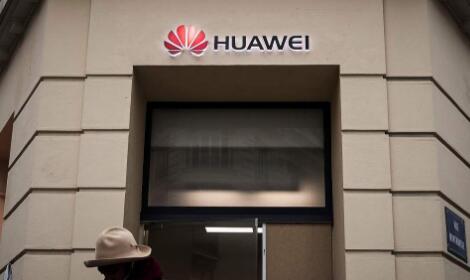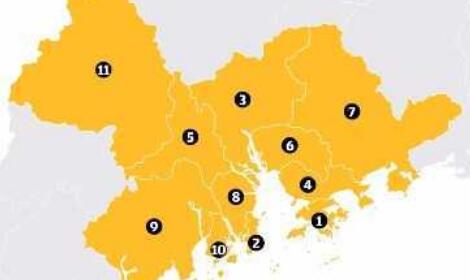中美贸易战本质是文明和意识形态的冲突 [联合国媒体]
虽然两国之间的贸易不平衡继续成为头条新闻,但实际上它对任意一方都没什么意义。对中国而言,自2008以来,净出口对经济增长的贡献在大多数年份都是负的。对美国来说,贸易赤字是不可避免的,因为它消耗了世界上30%的产品,但只生产了13%。华盛顿和北京都肯定知道这一点:争端的原因远在贸易之上。
Despite the headlines, the growing conflict between Beijingand Washington is very little to do with tariffs, says Zhang Lin
张林认为,尽管关税充斥着头条,北京和华盛顿之间日益增长的冲突与关税却几乎无关。
The conflict between Chinaand the United States is a competition between two different civilisations andvalue systems.
中国和美国之间的冲突是两种文明和价值体系之间的竞争。
While the trade imbalancebetween the two countries continues to make headlines, it actually means littleto either. For China, the role of net export contribution to economic growthhas been negative in most years since 2008. For the US, a trade deficit isinevitable when it consumes 30 per cent of the world’s products but producesonly 13 per cent. Both Washington and Beijing must know this: the dispute isabout much more than trade.
虽然两国之间的贸易不平衡继续成为头条新闻,但实际上它对任意一方都没什么意义。对中国而言,自2008以来,净出口对经济增长的贡献在大多数年份都是负的。对美国来说,贸易赤字是不可避免的,因为它消耗了世界上30%的产品,但只生产了13%。华盛顿和北京都肯定知道这一点:争端的原因远在贸易之上。
Then came the subprimemortgage crisis in 2008, which hurt not only the US economy but also underminedconfidence in the whole liberal democracy/free-trade system, or the valuesknown as Washington Consensus.
接着是2008年的次贷危机,它不仅伤害了美国经济,而且破坏了人们对整个自由民主/自由贸易体系的信心,或者说破坏了被认知为华盛顿共识的价值观。
China, meanwhile, wasshowing the way, with a massive stimulus package. State intervention became apopular coping mechanism around the world, and the Chinese model – defined by apowerful state, a major presence for state-owned enterprises, and illiberalsocial and political tendencies, suddenly looked attractive – creating the so-calledBeijing Consensus.
同时,中国用大规模刺激方案,为世界展现了一条明路。国家干预成为世界流行的应对机制,而被这个拥有大量国有企业,专制社会和专制政治倾向的强大国家所定义的“中国模式”,突然看起来相当有吸引力了-这创造了所谓的北京共识。
The US relies on values todistinguish enemies from allies and forms alliances based on those values. Thisexplains why US has reached trade deals with South Korea and theUS-Mexico-Canada Agreement (USMCA), and is in talks with European Union andJapan.
美国依赖于价值观来区分敌人和盟友,并基于这些价值观形成联盟。这解释了美国为何与韩国达成贸易协议以及美国-墨西哥-加拿大协定(USMCA),并与欧盟和日本进行谈判。
It is quite clear that theUS is trying to form a unified trade front with its liberal democratic alliesto go against China. If anyone has any doubt, they can read Article 32.10 inthe USMCA that allows Washington to nearly veto any free-trade deals of itspartners with any “non-market” country.
很明显,美国正试图与自由民主同盟组成一个统一的贸易前线来对抗中国。如果有人有任何疑问,他们可以阅读USMCA的第32.10条,该条允许华盛顿几乎否决其合作伙伴与任何“非市场经济”国家的任何自由贸易协议。
It is true that China is theworld’s largest trader in goods and biggest trade partner for more than 120countries, making it very hard for allies of the US to stop trading with China.But Washington’s determination to engage in “competition” with China could leadto a fundamental change.
的确,中国是世界上最大的商品贸易国,也是120多个国家的最大贸易伙伴,这使得美国的盟国很难停止与中国的贸易。但华盛顿与中国进行“竞争”的决心可能导致根本性的变化。
So,if Beijing believes it is not yet time to have an all-out clash with the US, itshould be more restrained in challenging its values and remain cool-headed onthe South China Sea issue, especially when facing provocations from US ships.
因此,如果北京认为现在还不到与美国发生全面冲突的时候,它应该在挑战其价值观方面更加克制,在南中国海问题上保持冷静,尤其是在面对美国船只的挑衅时。
版权声明
我们致力于传递世界各地老百姓最真实、最直接、最详尽的对中国的看法
【版权与免责声明】如发现内容存在版权问题,烦请提供相关信息发邮件,
我们将及时沟通与处理。本站内容除非来源注明五毛网,否则均为网友转载,涉及言论、版权与本站无关。
本文仅代表作者观点,不代表本站立场。
本文来自网络,如有侵权及时联系本网站。
图文文章RECOMMEND
热门文章HOT NEWS
-
1
他们认为,协商失败的峰会实际上符合中国的利益,而且北京的影响力将增加,因...
- 2
- 3
- 4
- 5
- 6
- 7
- 8
- 9
- 10
推荐文章HOT NEWS
-
1
这是中国中部河南省郑州的一个普通的星期六。富士康工厂大楼上空笼罩着...
- 2
- 3
- 4
- 5
- 6
- 7
- 8
- 9
- 10
